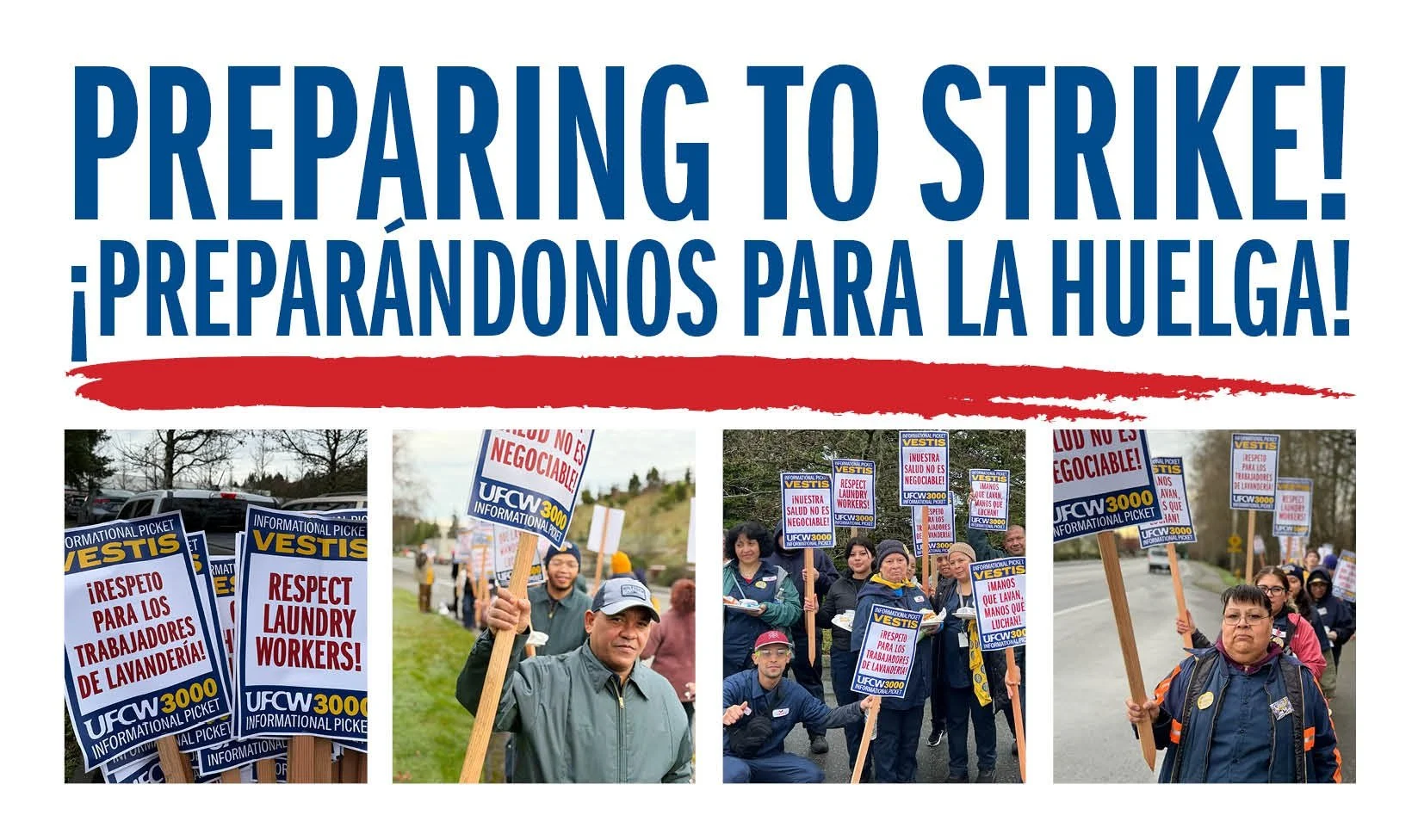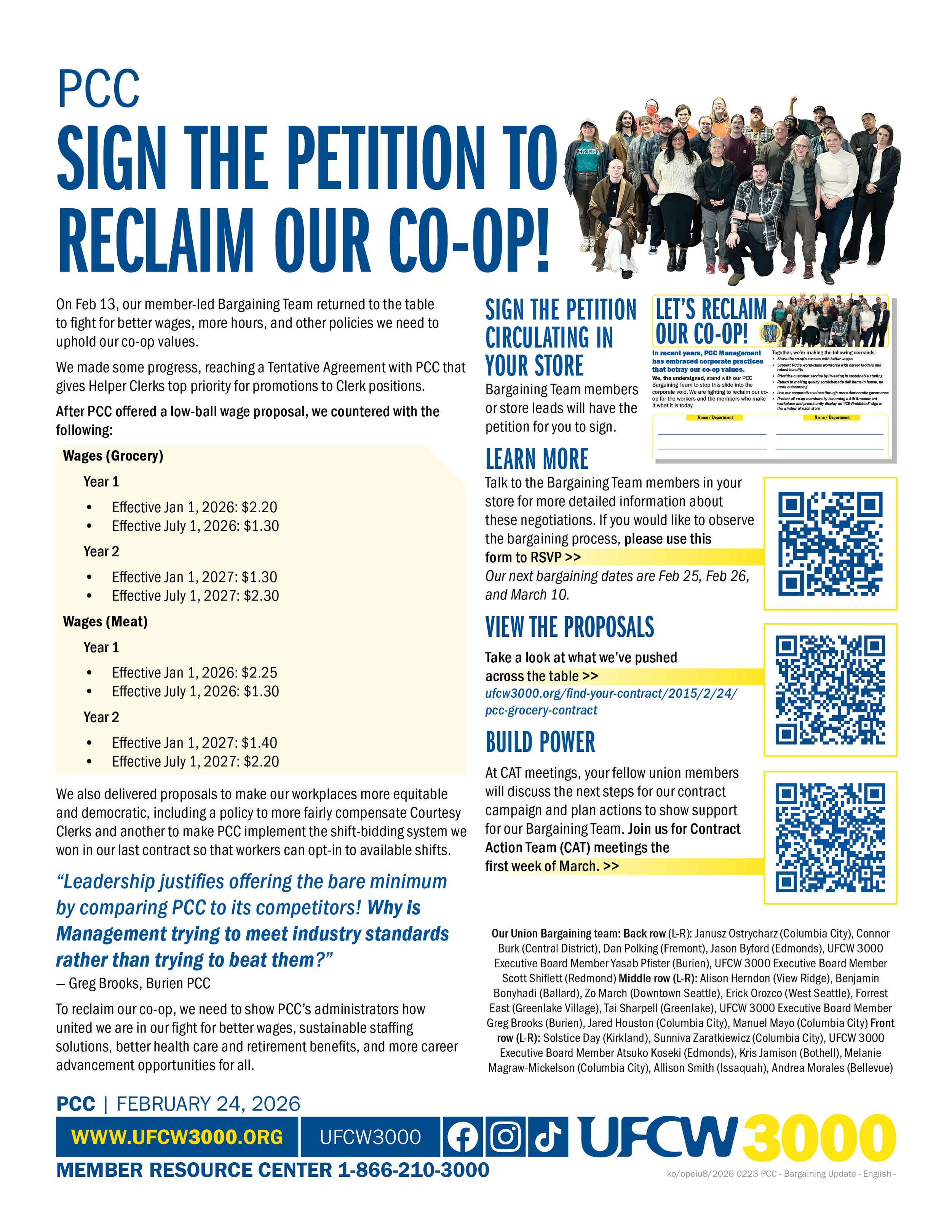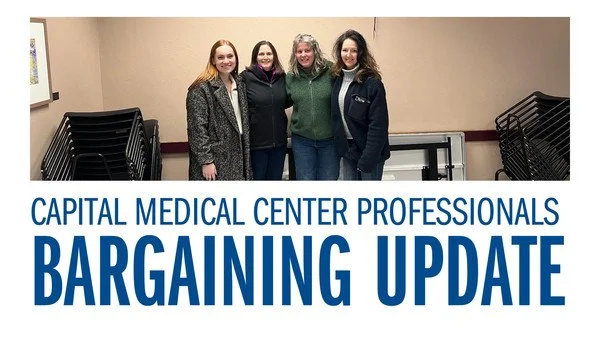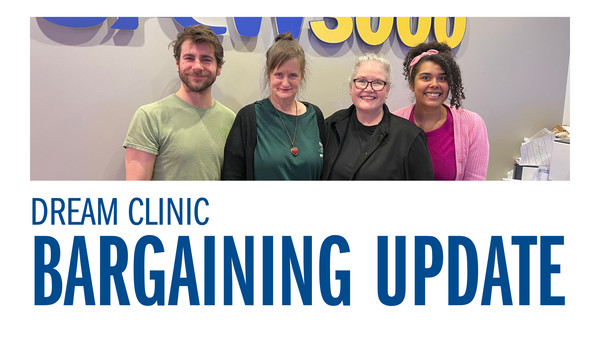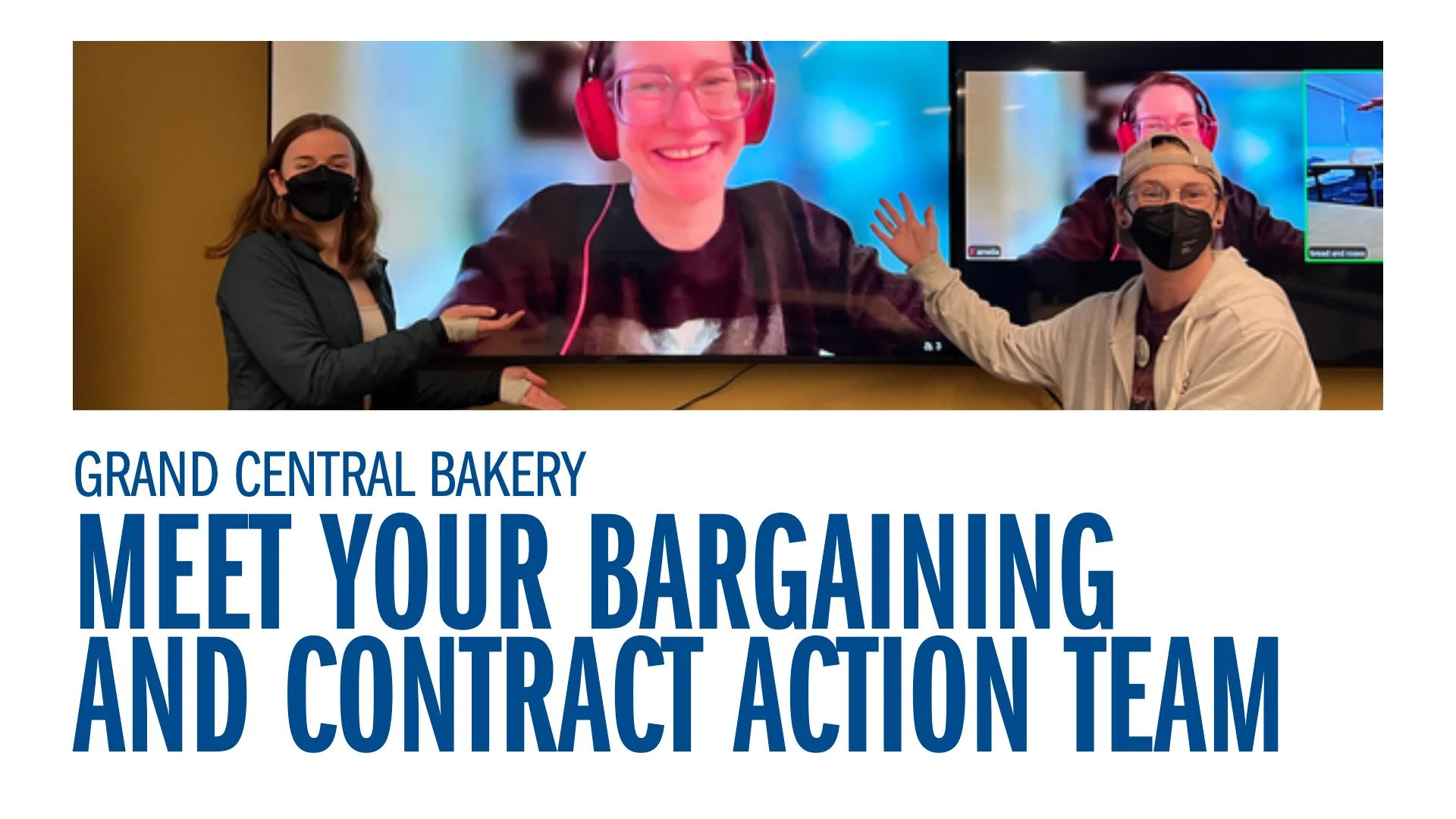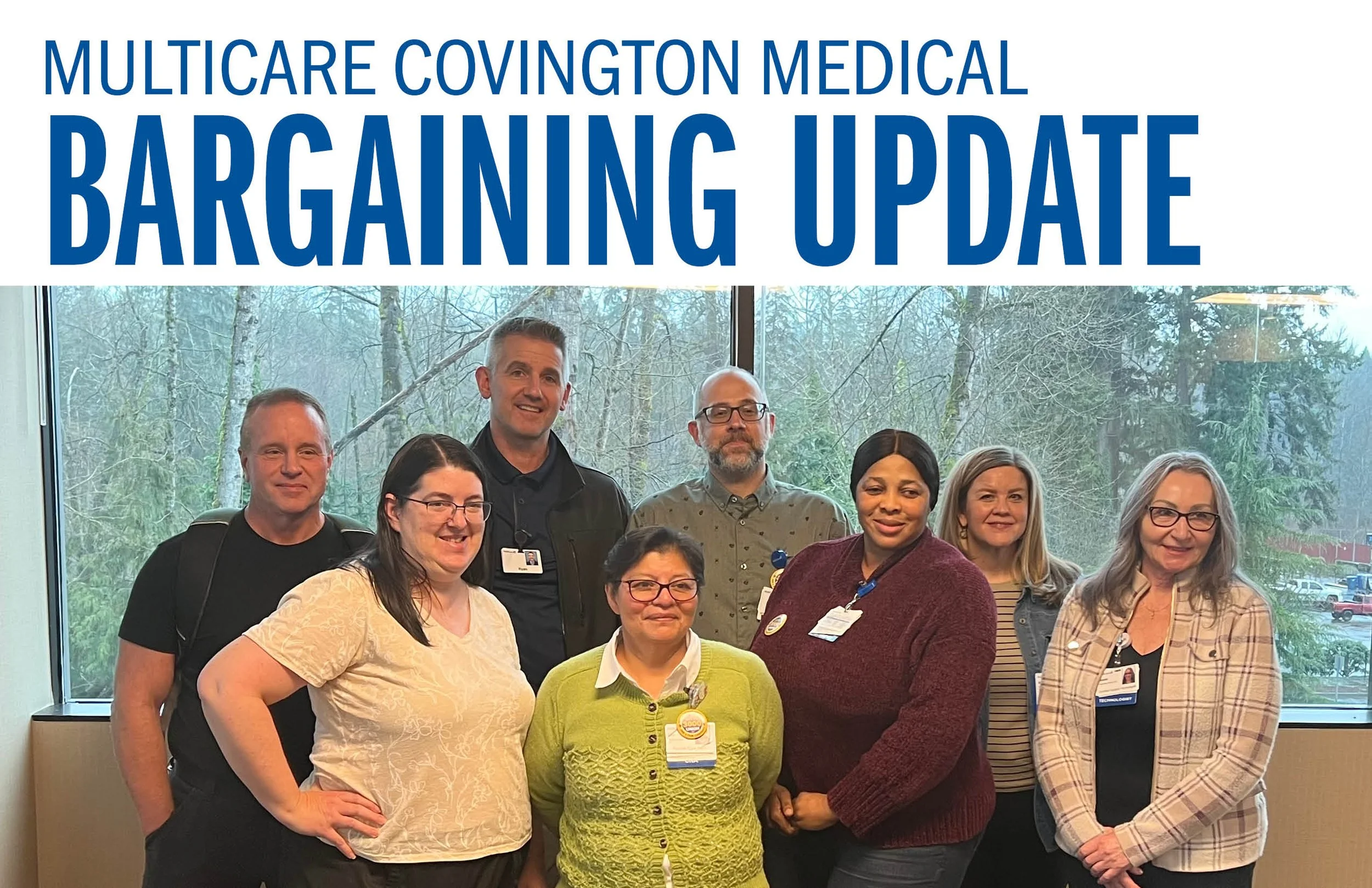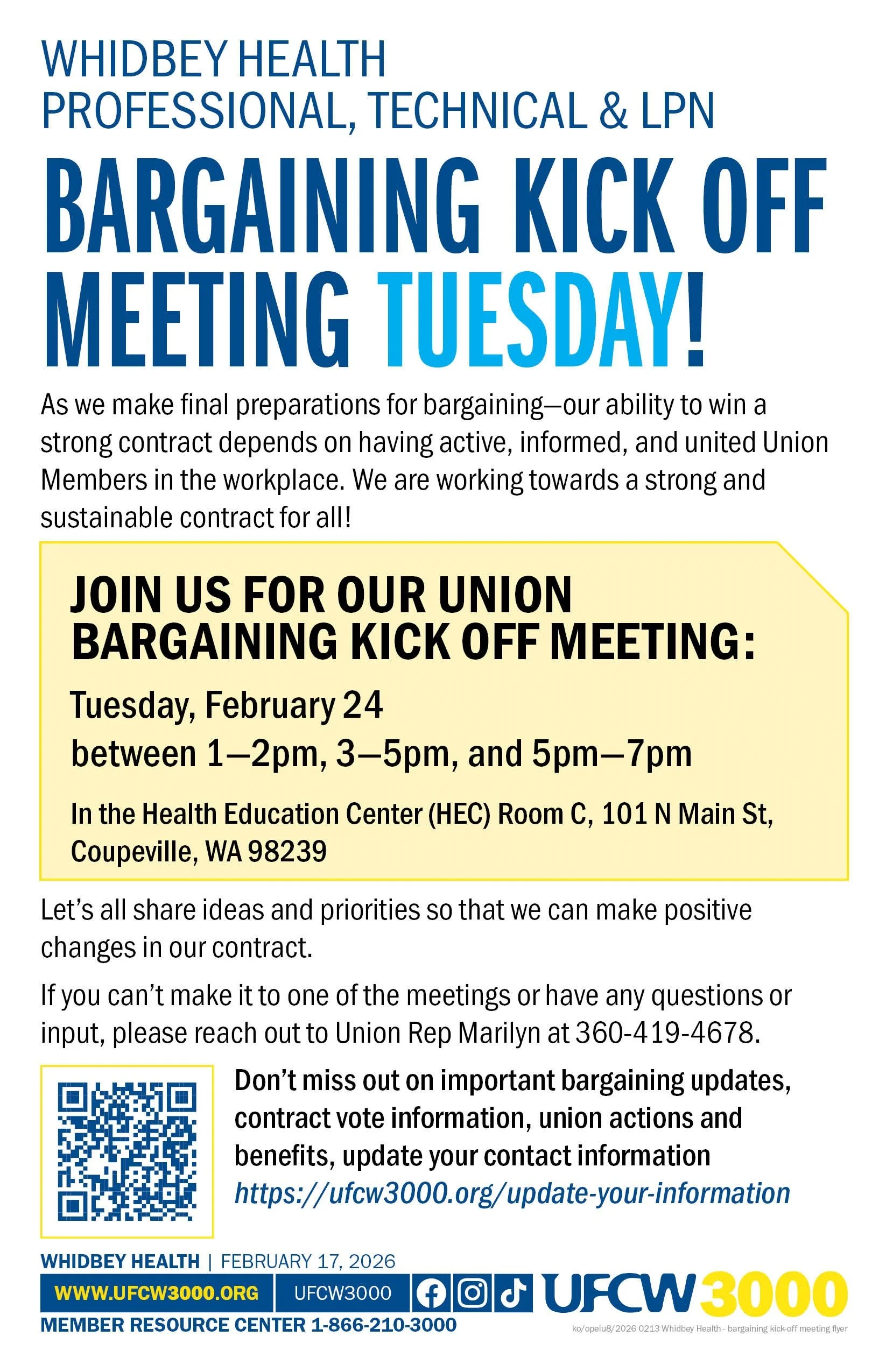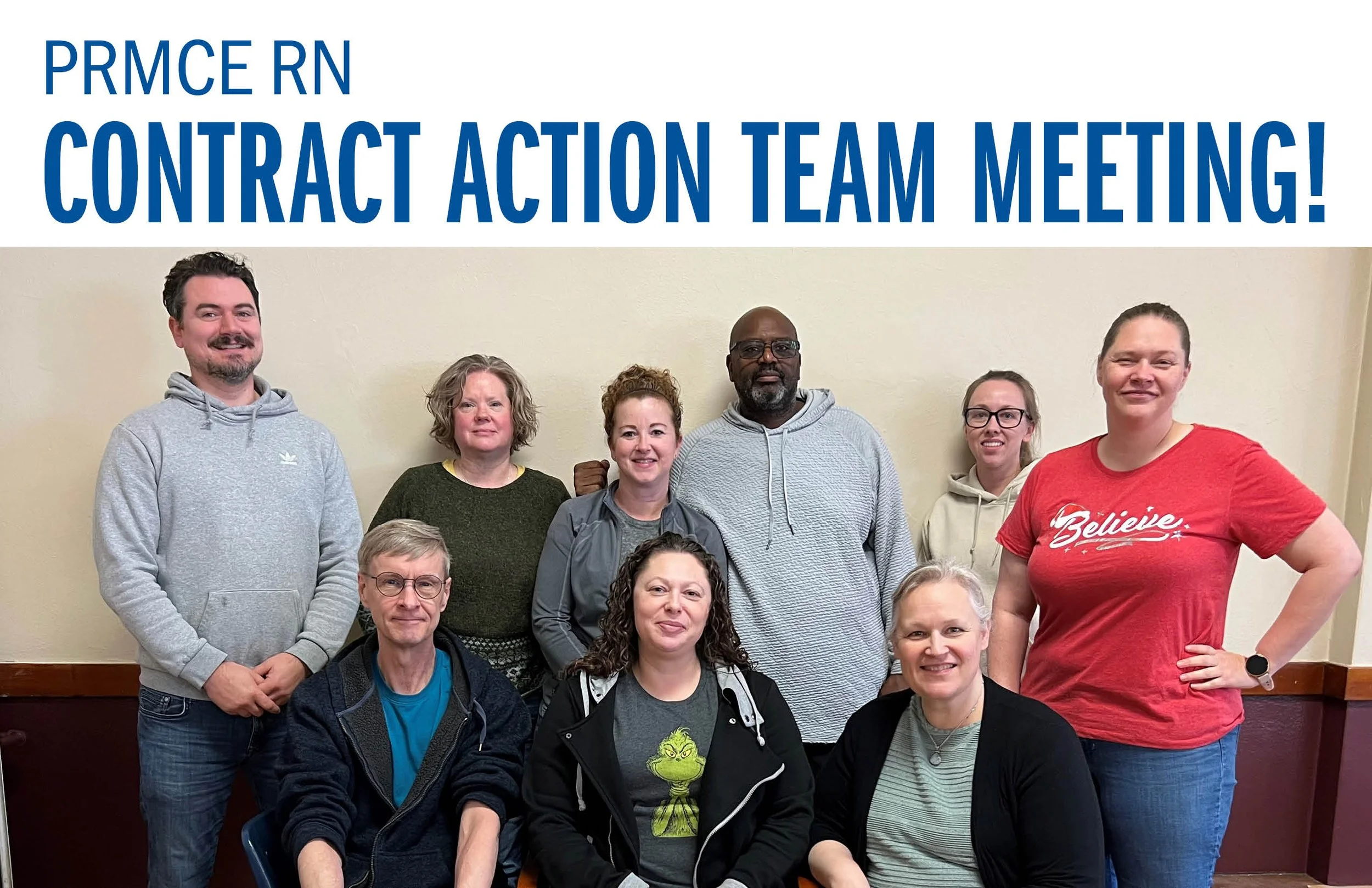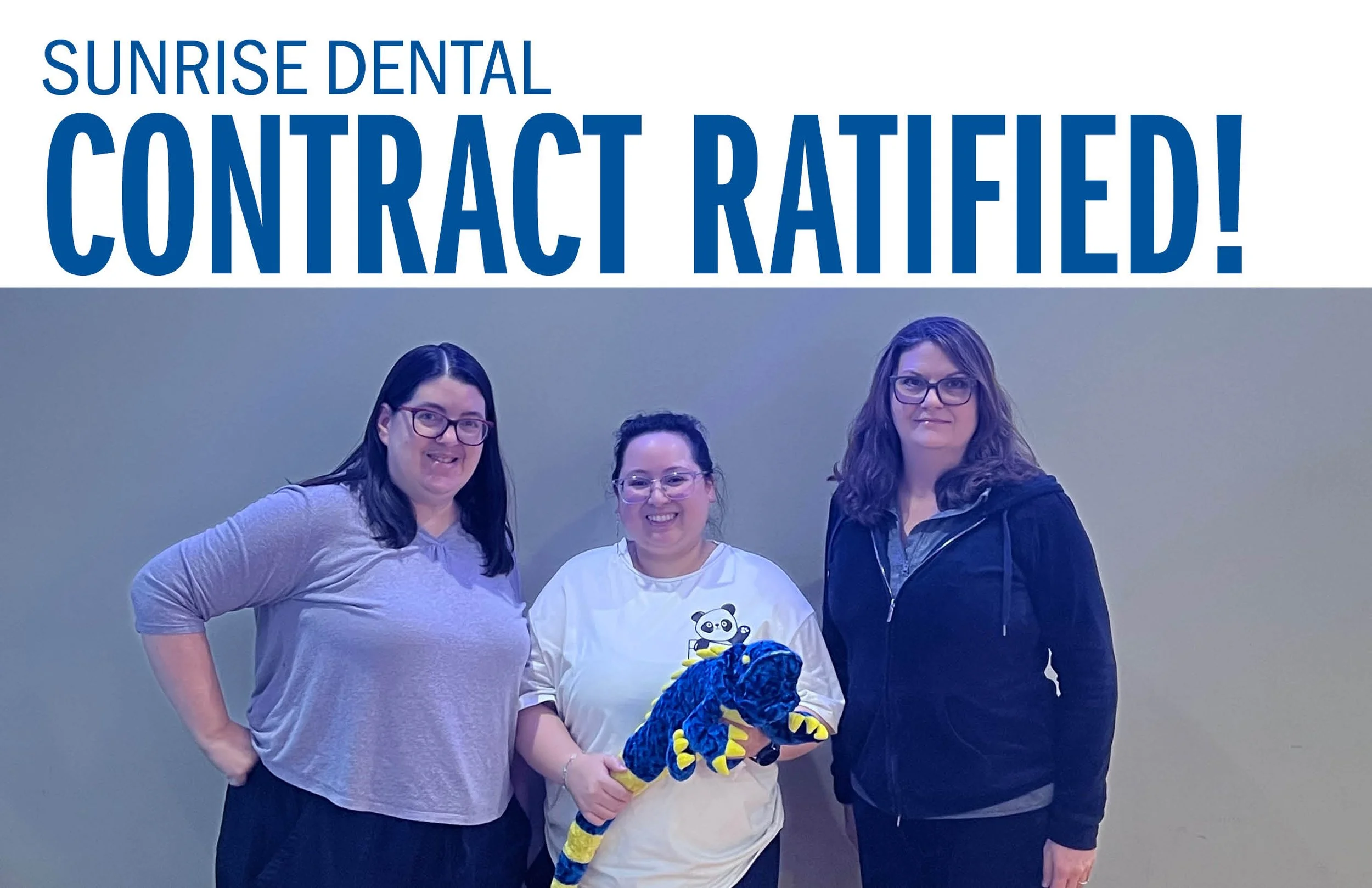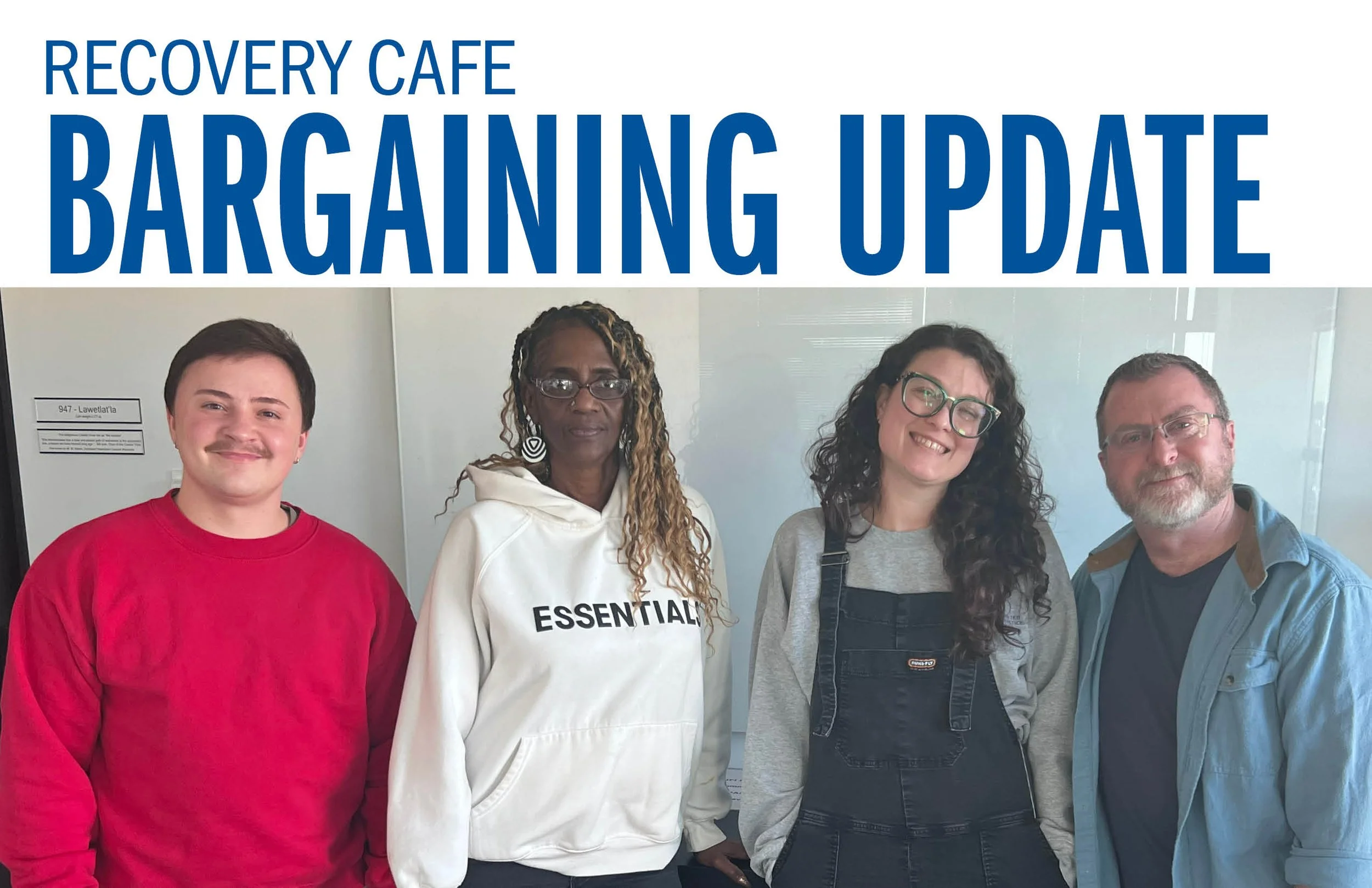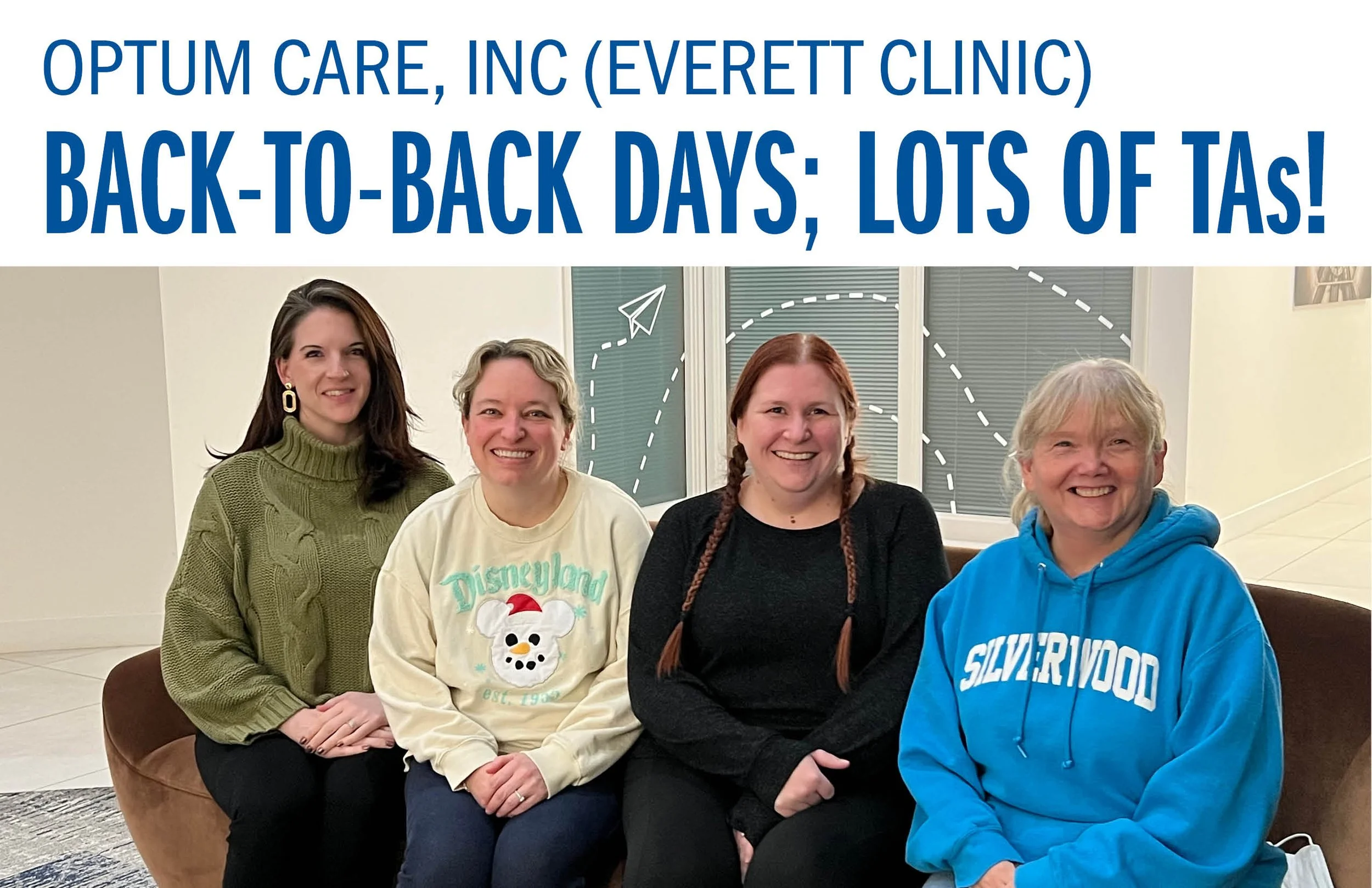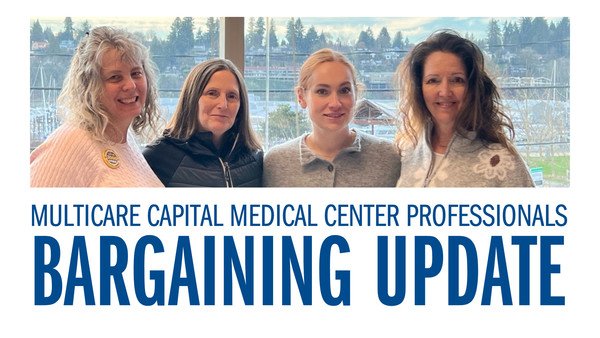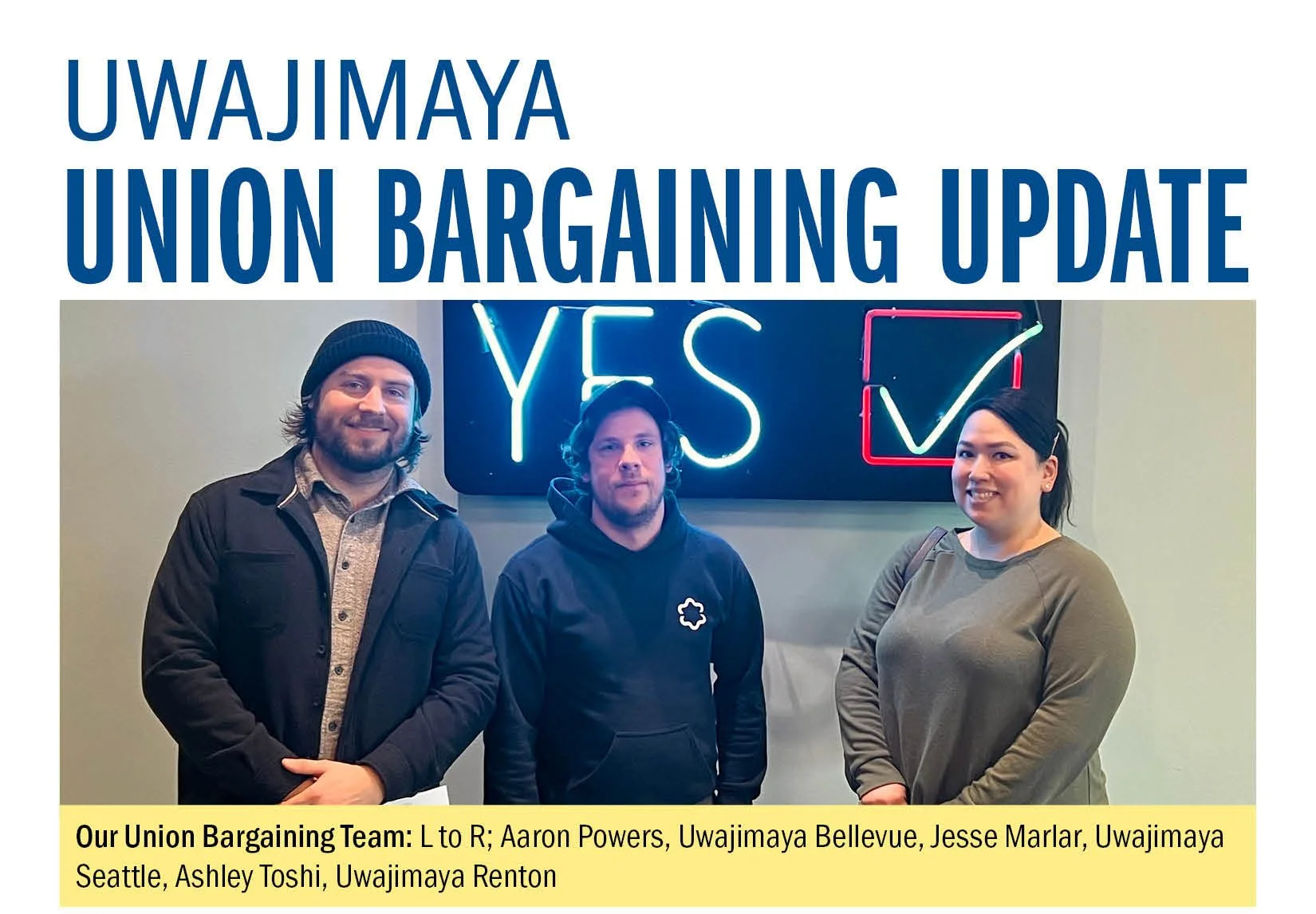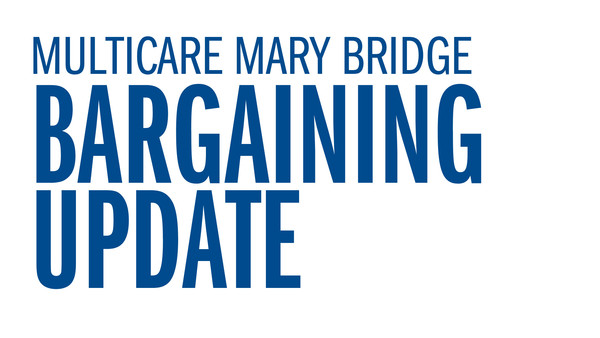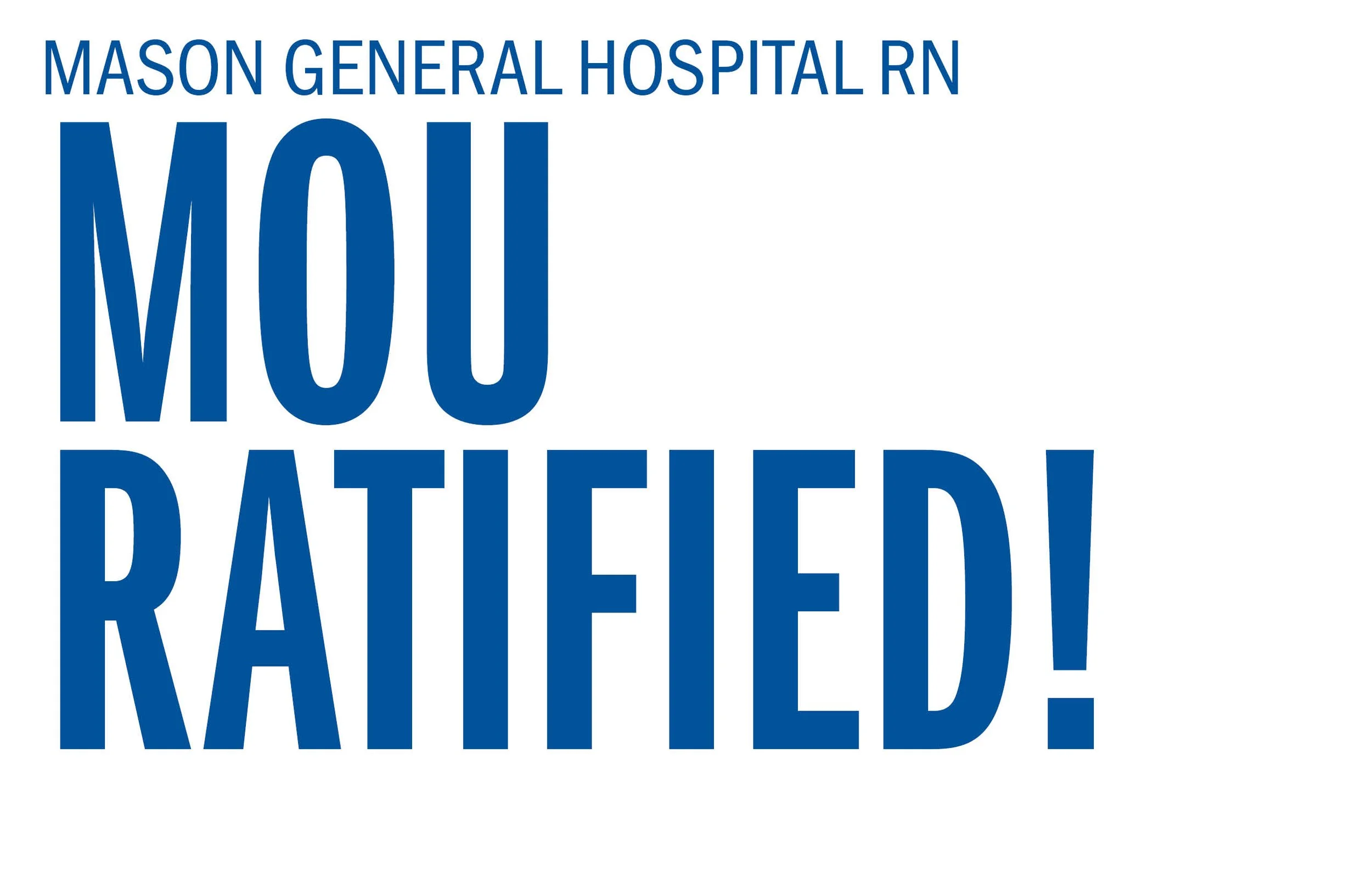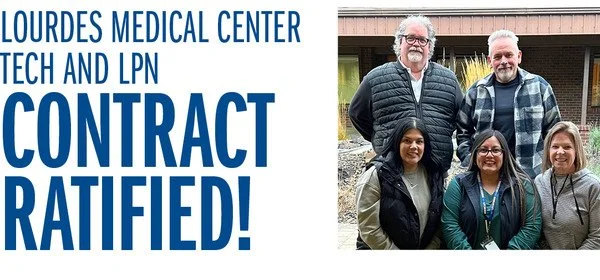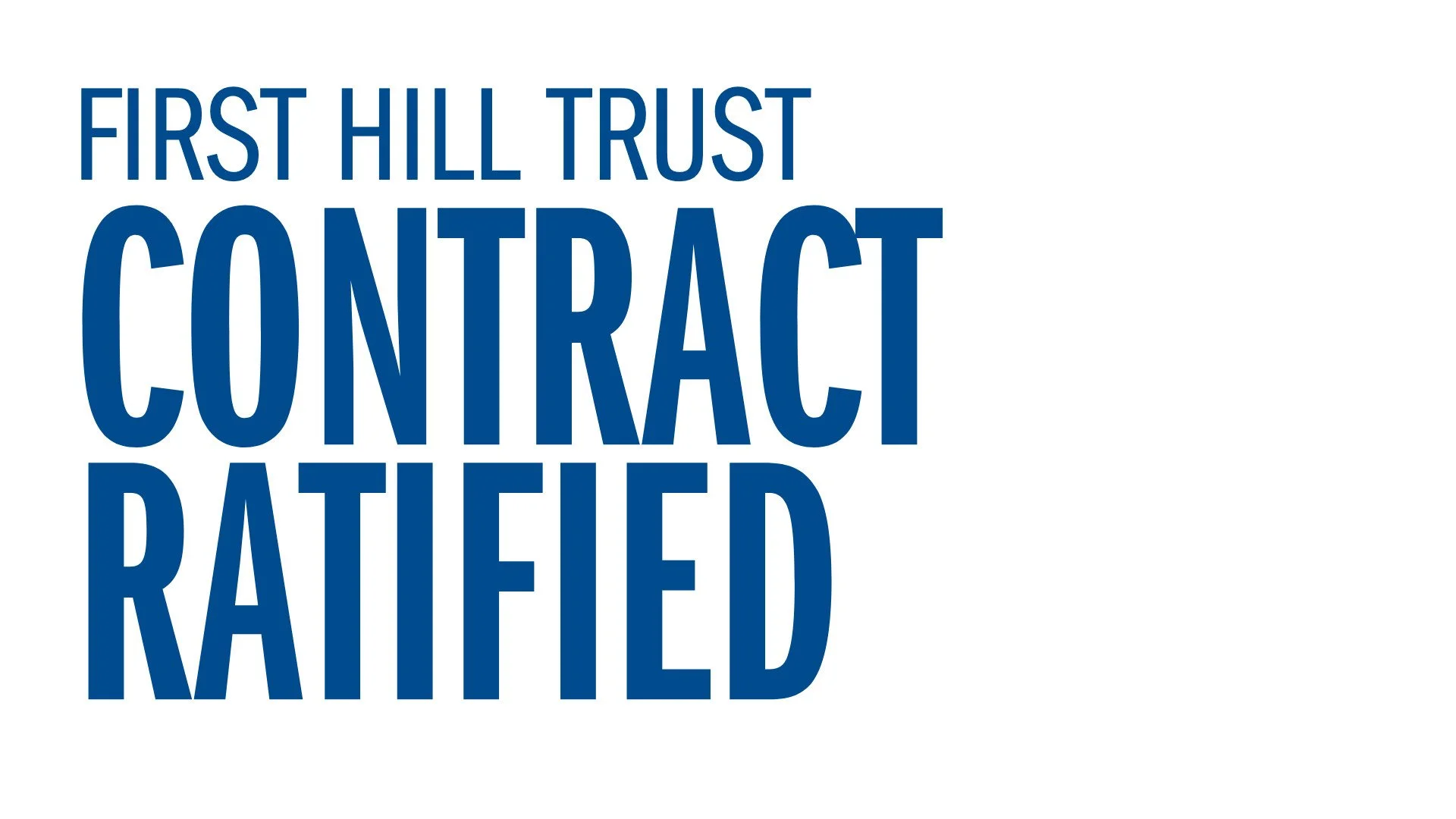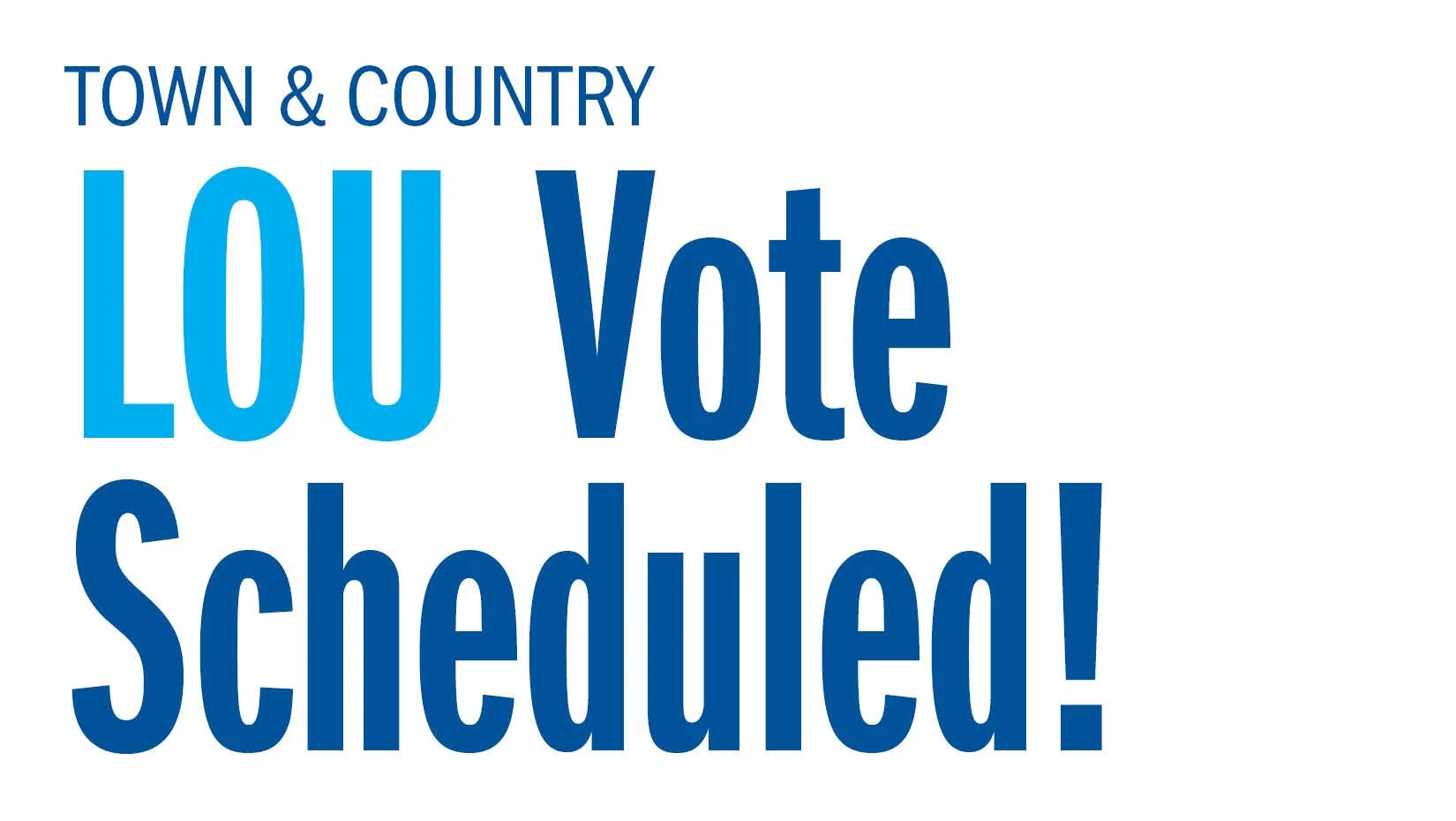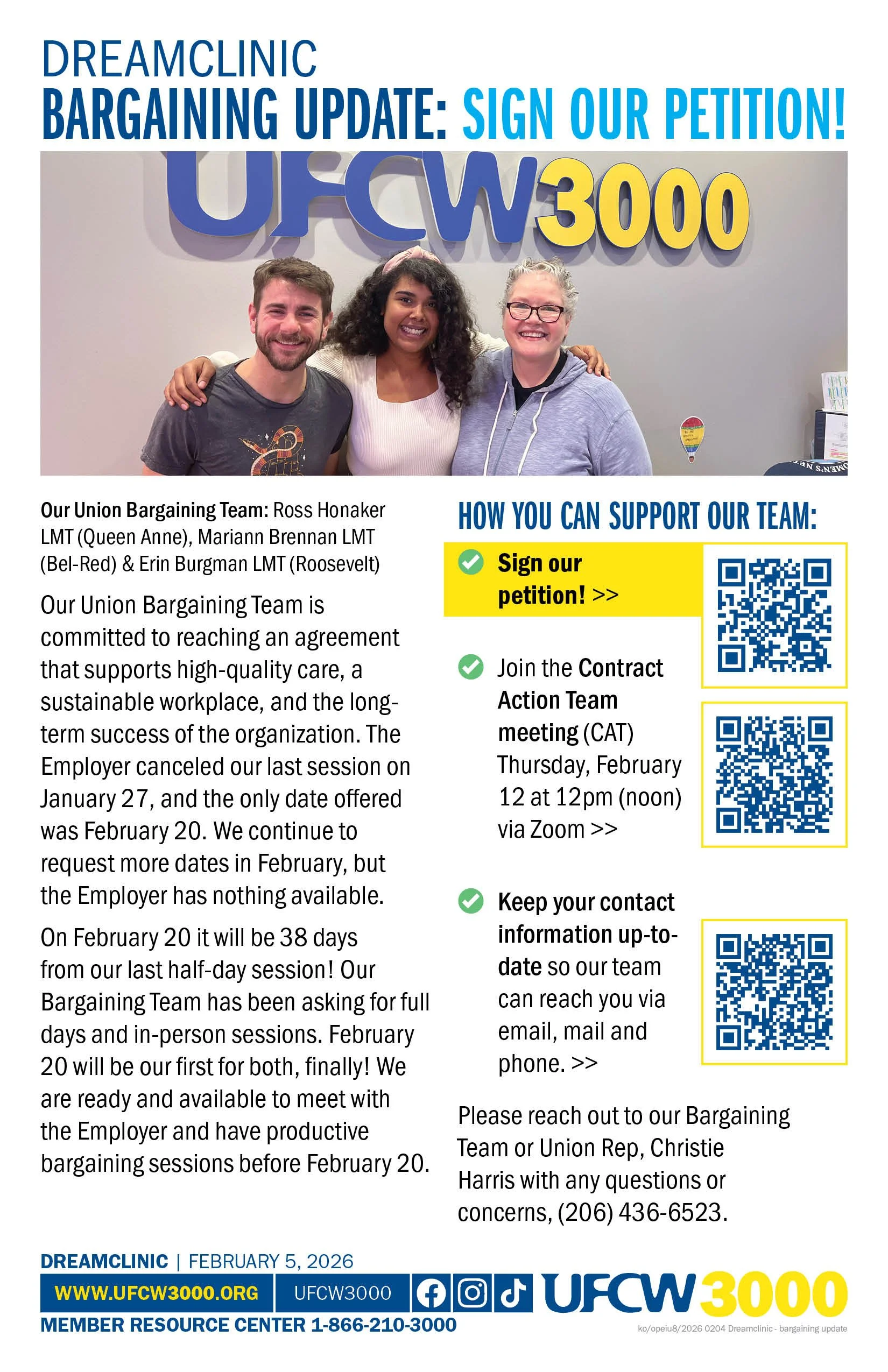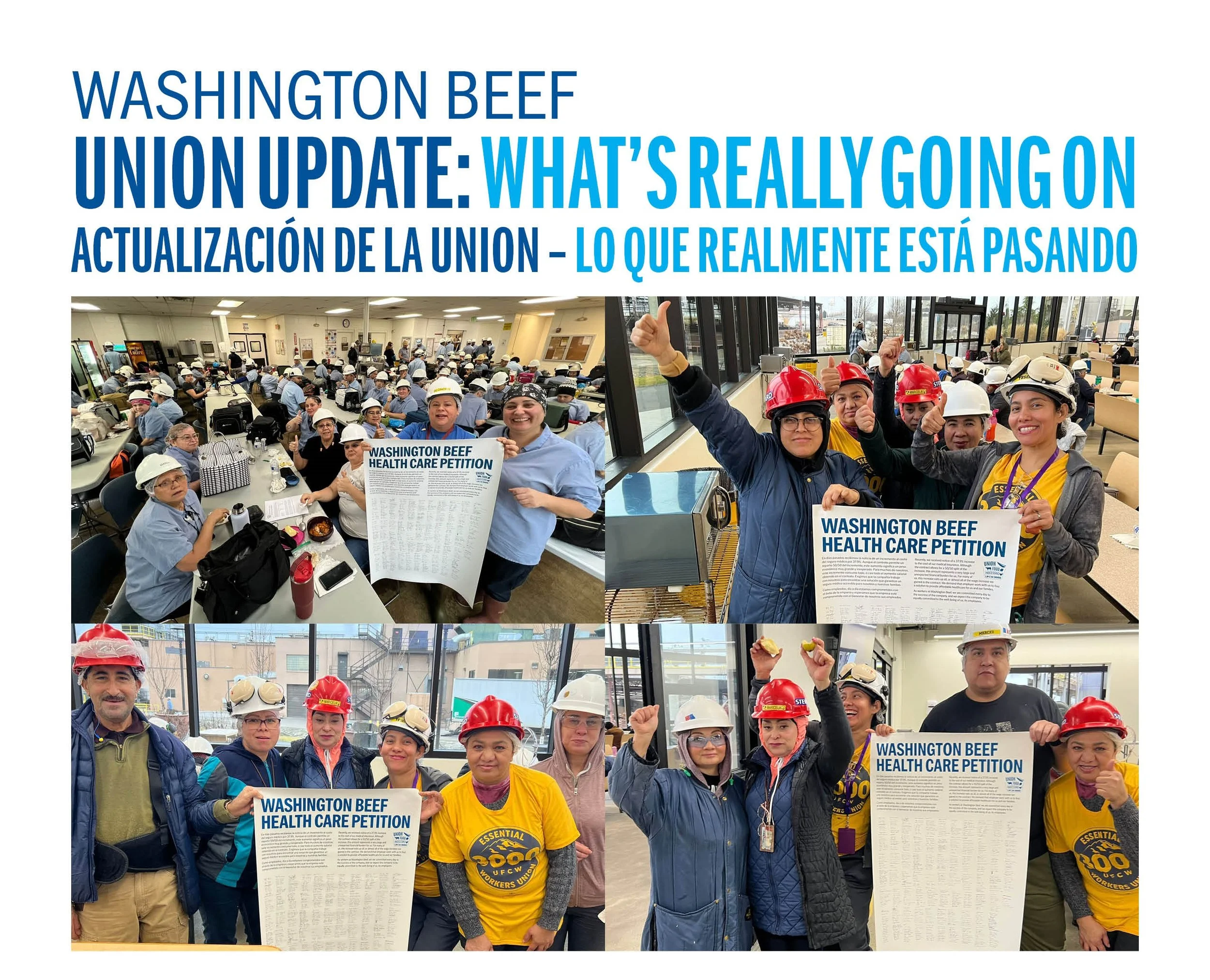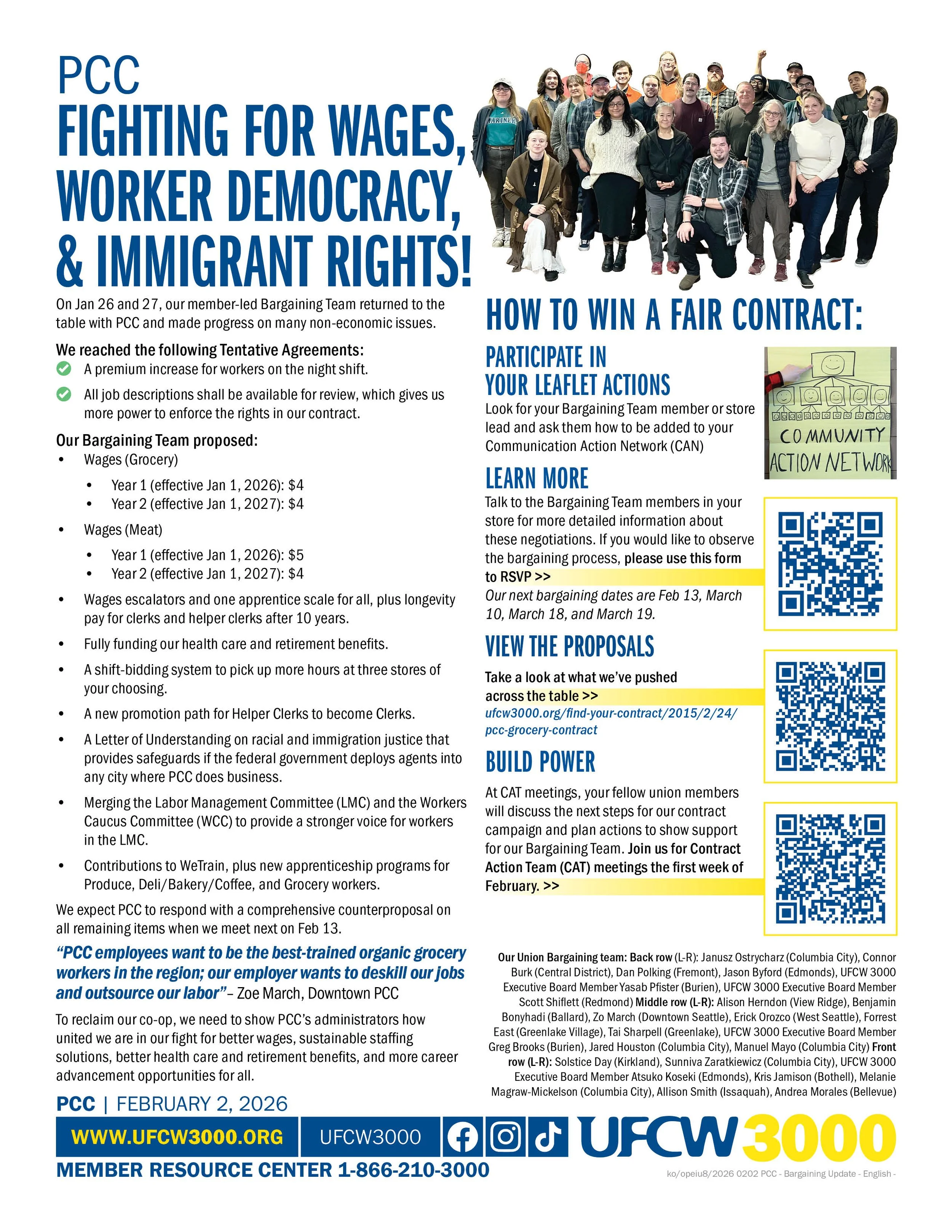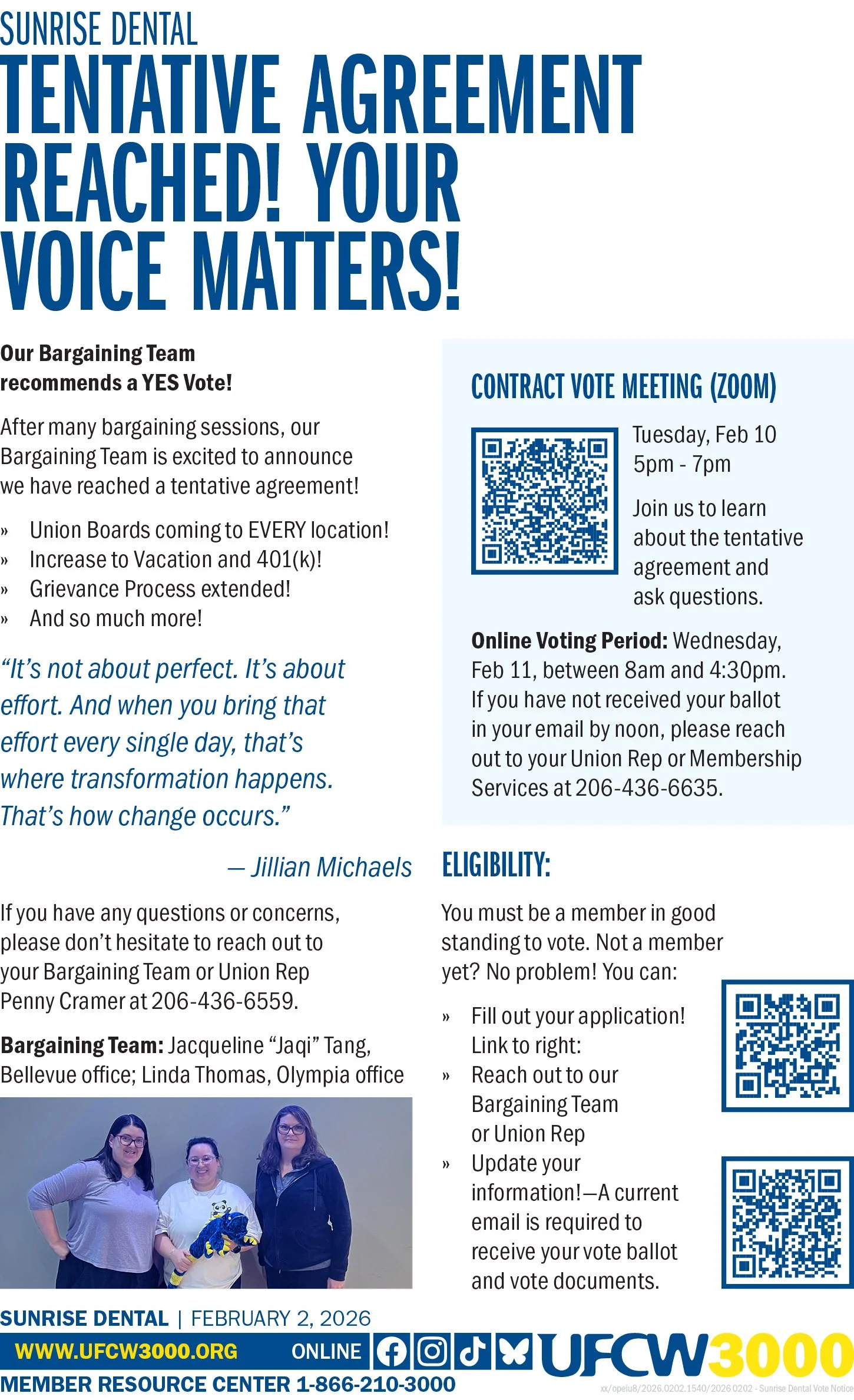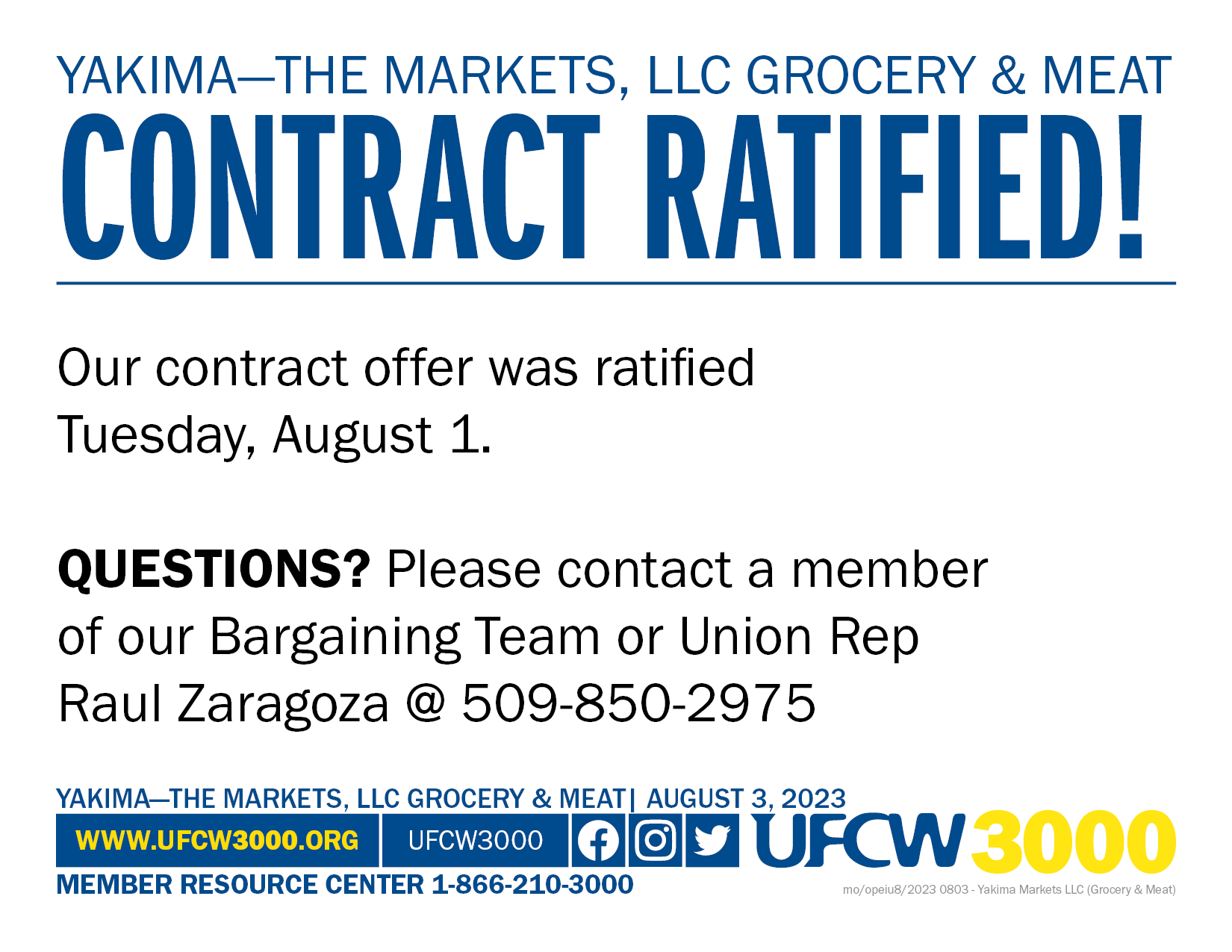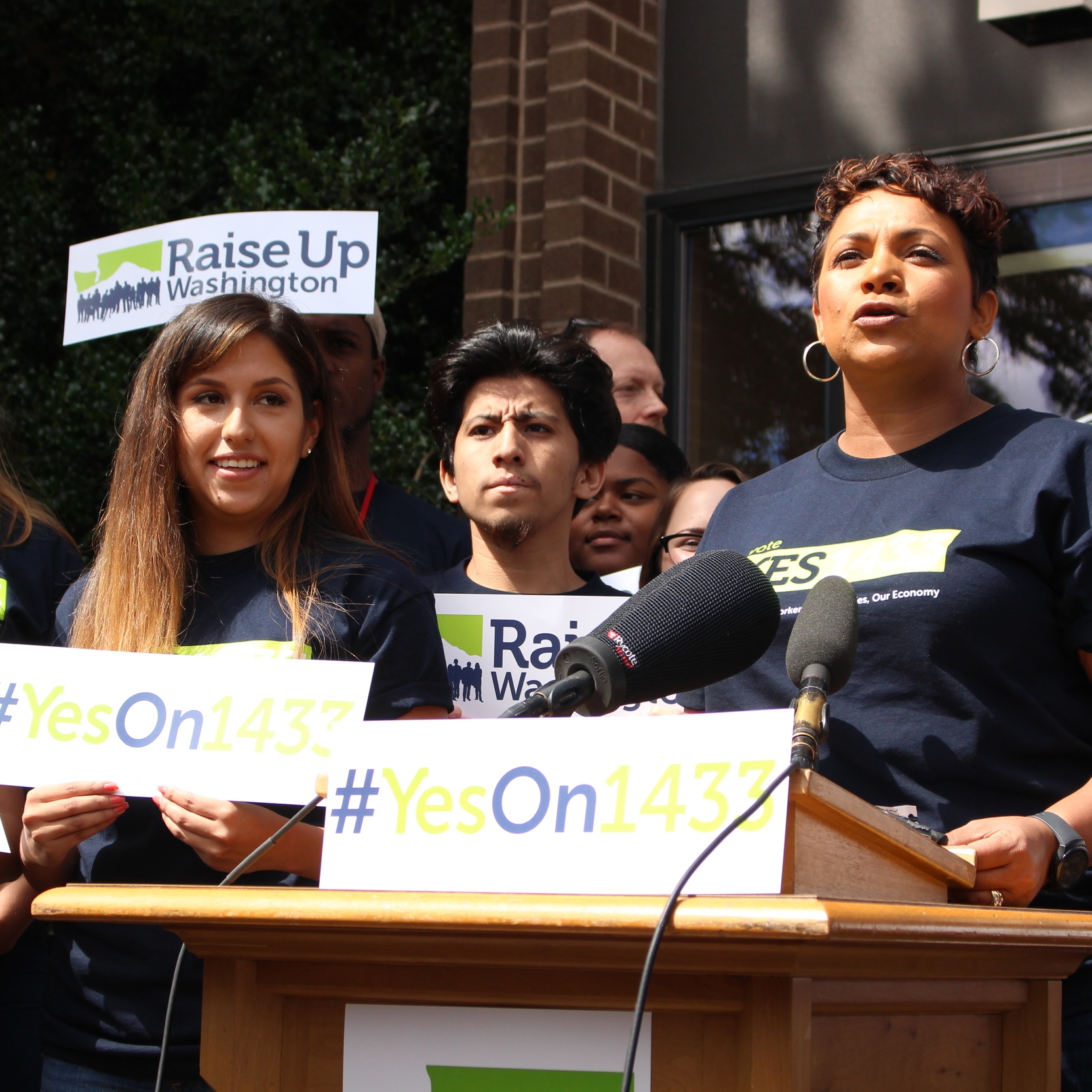Pam Harmon, a cashier and Person In Charge (PIC) at Food Pavilion in Lynden, is committed to doing all she can to protect the people she serves. Thanks to the efforts of store management, she also feels protected as the coronavirus threat affects everyone. During the past week and a half, safety measures have become a top priority at the store.
“I like it,” Pam said. “I think it’s important, and it’s better than what a lot of other businesses are doing.”
Food Pavilion employees are required to have their temperatures checked prior to clocking in for shifts. If a fever is detected, they are sent home. Once cleared for duty, they must wear gloves while performing duties.
Designated sanitation areas are set up for employees and customers. Sanitizing wipes are stocked at all checkstands, and belts are regularly wiped down. “We used to do it every hour,” Pam said, adding that the process now takes place every 15 minutes or so. “Everybody's conforming to the guidelines that our employers have sent out, which is really good.”
Meanwhile, employees are being offered as many hours as they want to help meet the enormous traffic flow. “Business has escalated. It's at an all-time high,” Pam said. “But customers are patient.”


